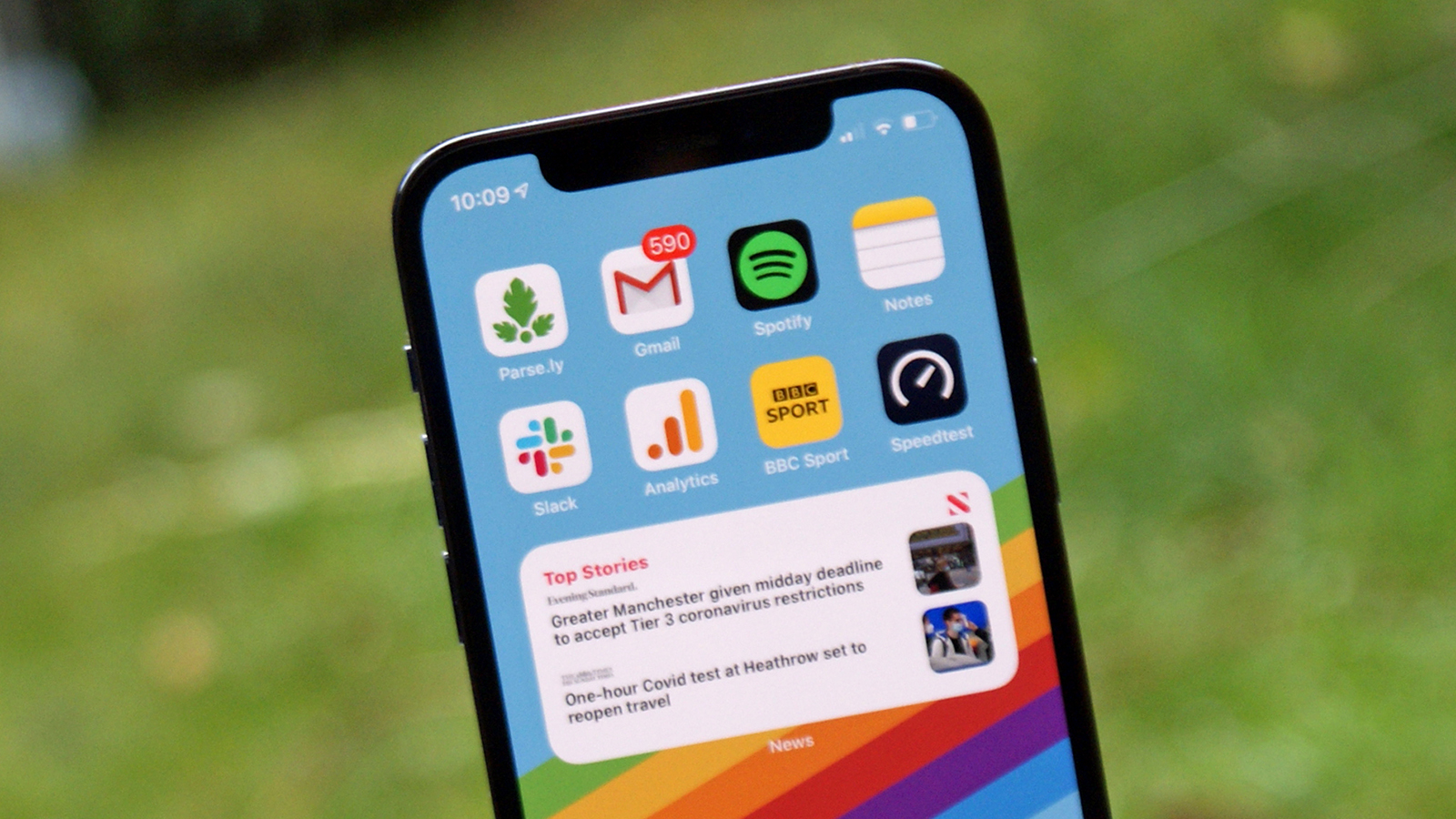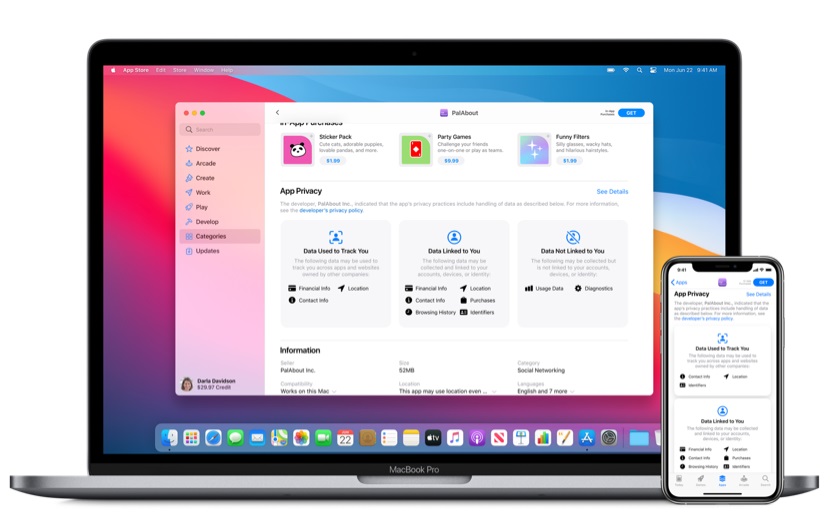Which macOS and iOS apps are collecting data on you? Apple finally tells all
macOS and iOS apps will have to disclose what data they’re collecting

Sign up for breaking news, reviews, opinion, top tech deals, and more.
You are now subscribed
Your newsletter sign-up was successful
Ever wonder what kind of data your macOS and iOS 14 apps collect about you? Now you can check before you download: Apple is requiring developers to disclose what info they collect on users from their App Store page.
As part of a new feature in the newly-released iOS 14.3, In the ‘App Privacy’ section of each App Store listing, developers will summarize what info is collected in three sections: ‘Data used to track you,’ ‘Data linked to you,’ and ‘Data not linked to you,’ with a bullet point list for each, according to Wired. This includes personal and financial data that the app’s company collects for itself as well as what data (if any) is shared with other companies.

You may not see these disclosures in your favorite app today, as Apple only requires developers to include them when developers update an older app or submit a new one for App Store approval. Some apps have proactively included this info already, Apple told Wired, so don’t be surprised if you see some listings have already been updated to share this data collection.
These disclosures are only as accurate as the devs make them, and while Apple vets apps during its review process, it’s still incumbent on developers to understand what kinds of collected data they have to list. For instance, Apple defines ‘collected’ data as that which is transmitted off the device and accessible for longer than ‘what is necessary to service the transmitted request in real time’ per official app privacy policies, leaving developers to determine whether they hold on to user info that long.
- The best iPhone apps of 2020
- Working up a storm on your iPhone? Here's the best iOS productivity apps
- The best iPhone games 2020
Apple finally requiring app data collection disclosure – so where’s Google?
The App Store celebrated its twelfth birthday earlier this year, and while its policies have made it safe to download apps, the marketplace has been slow to rectify long-decried problems – like the comparatively huge 30% revenue cut that was recently reduced to 15% for low earners. This data disclosure is also a long time coming, but it’s not like Apple is alone in struggling with explaining what info apps collect.
Over the years, Google has cracked down on apps collecting unnecessary data again and again, most recently in February 2020 when the company claimed that new policies meant only 2% of Android apps would ask for users’ SMS and call data.
Naturally, the tech giant has trumpeted its successful security record, like bragging it had blocked 1.9 billion installations of malware in 2019. Midway through last year, though, a report emerged that 1,300 apps of 88,000 surveyed scraped personal data regardless of user permissions – an unprompted third-party audit by the International Computer Science Institute that Google quietly claimed would be fixed with the release of Android 10.
Sign up for breaking news, reviews, opinion, top tech deals, and more.
The issue has persisted: in October, Google responded to a report from the International Digital Accountability Council by removing a trio of popular children-focused apps totaling 20 million downloads from the Play Store for violating rules to collect data and pass it along to third parties. That’s exactly the kind of collection Apple is requiring iOS devs to list in their apps now within the iOS App Store, but given the need for independent audits to discover violators of software market policies, we’ll wait and see how successful – and accurate – these required disclosures are.
- Stay on top of tech news with the TechRadar newsletter

David is now a mobile reporter at Cnet. Formerly Mobile Editor, US for TechRadar, he covered phones, tablets, and wearables. He still thinks the iPhone 4 is the best-looking smartphone ever made. He's most interested in technology, gaming and culture – and where they overlap and change our lives. His current beat explores how our on-the-go existence is affected by new gadgets, carrier coverage expansions, and corporate strategy shifts.